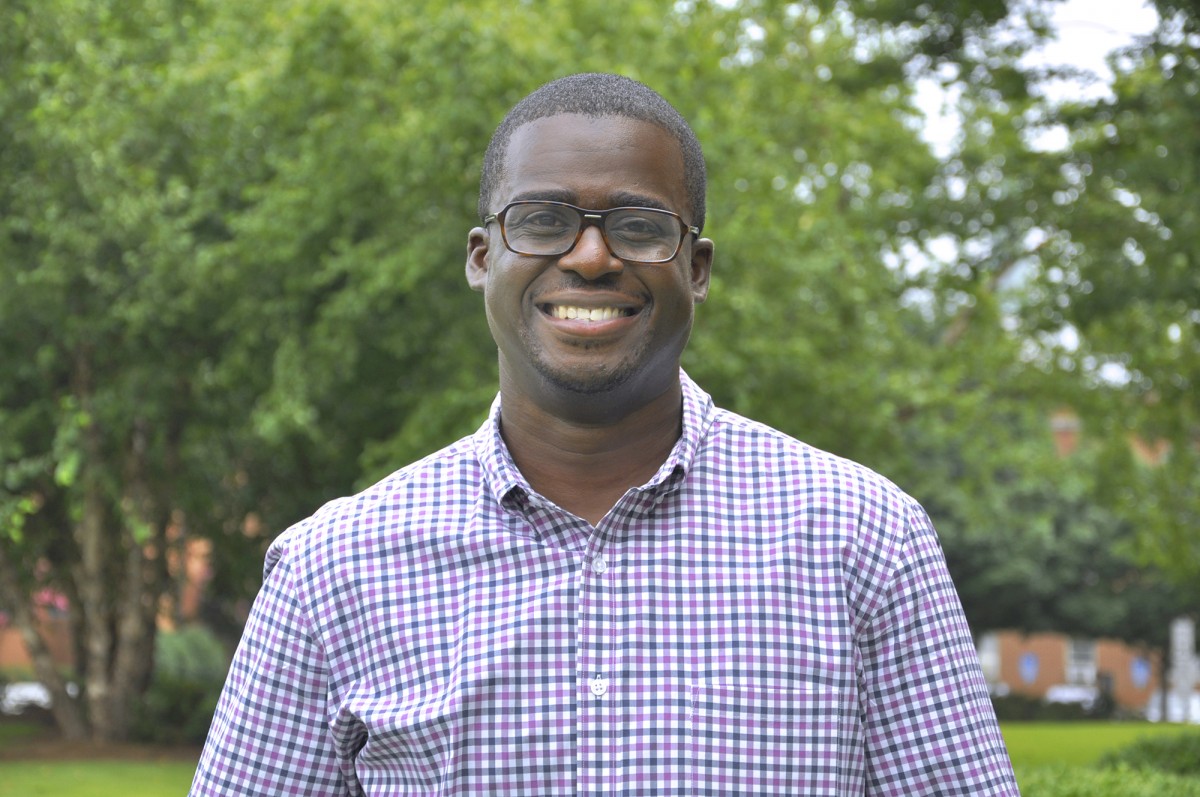 Research into the viability of re-using the waste products of biomass fuel combustion has attracted the interest of the renowned journal, Fuel, which will be publishing a paper on the subject co-authored by civil engineering doctoral student Nortey Yeboah in January.
Research into the viability of re-using the waste products of biomass fuel combustion has attracted the interest of the renowned journal, Fuel, which will be publishing a paper on the subject co-authored by civil engineering doctoral student Nortey Yeboah in January.
The paper, "Characterization of Biomass and High Carbon Content Coal Ash for Productive Reuse Applications" was co-authored by fellow graduate student Christopher Shearer, as well as civil engineer professors Drs. Susan Burns and Kimberly Kurtis.
The re-use of waste products from energy production is nothing new. More than 40 percent of the ash generated by coal combustion is routinely combined with other materials to form a relatively stable and safe supplementary cementitious building material. With the increasing popularity of biomass fuel, the research team wanted to see how viable the waste products from its combustion would be.
"In recent decades, advances in lowering CO2, SOX, and NOX emissions from coal combustion have changed the characteristics of the solid coal combustion products. In particular, the residual carbon content of fly ash generated at many US coal-fired power plants has increased, and has become more heterogeneous," writes Yeboah, the lead author of the paper.
"While much research effort has been devoted to understanding the properties and potential productive reuse alternatives for coal combustion products, relatively little research has been done on the byproducts from biomass combustion or co-combustion."
The team reviewed three types of residual ash: high carbon content coal ash, co-fired coal/biomass ash, and pure biomass ash. Their complete results are summarized in the paper, but they noted:
"The pure biomass ashes investigated in this study showed significantly lower specific gravity, and primary oxide content, as well as coarser particle size distribution, higher residual carbon, higher heating value, and much higher specific surface area, when compared to the coal and co-fired ashes. These results have important implications on the potential for productive reuse of these waste materials."
Yeboah looks forward to completing his doctorate in the spring of 2014.
